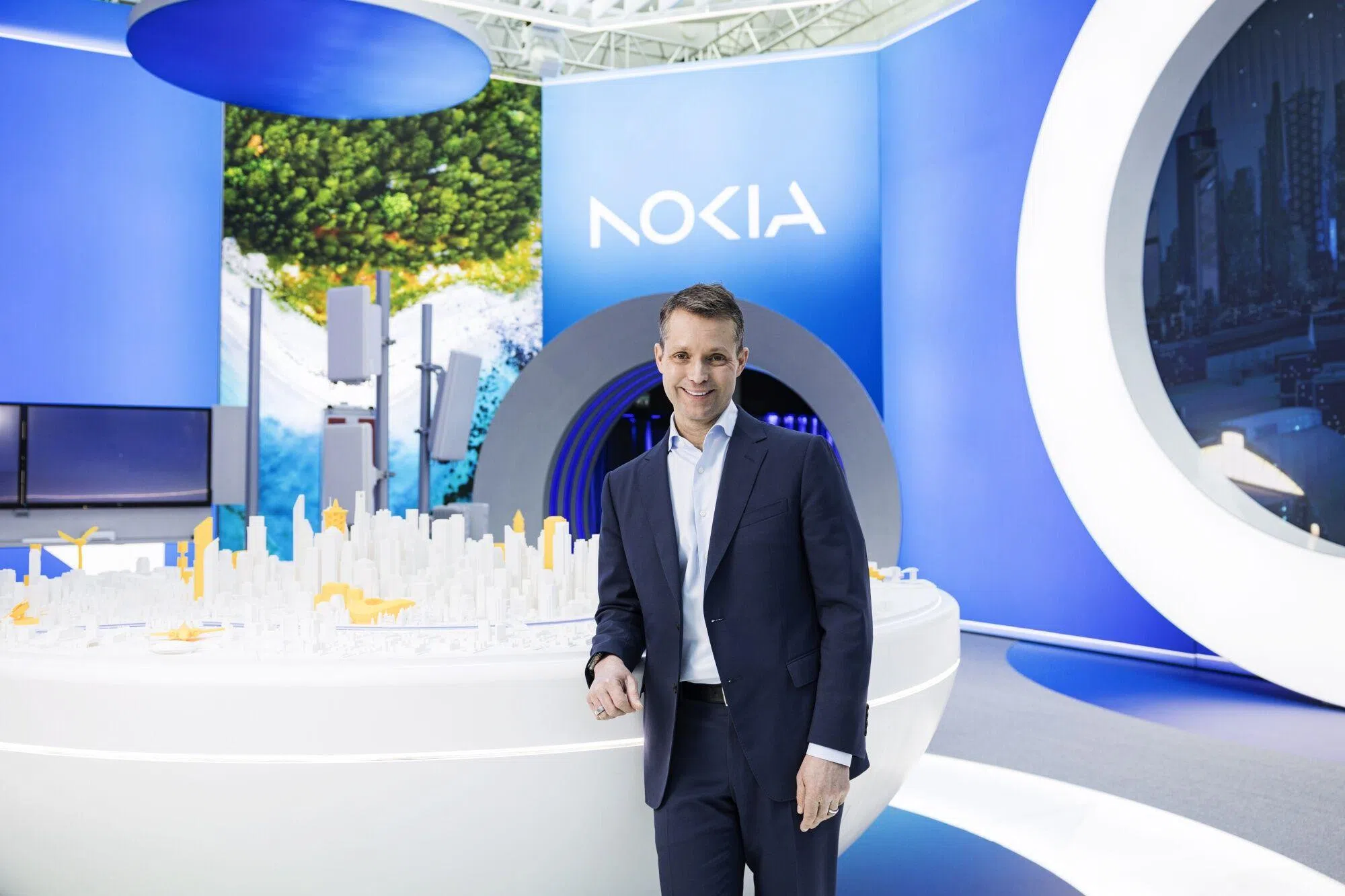NOKIA said it was replacing chief executive officer Pekka Lundmark with Intel’s Justin Hotard in a surprise announcement as the network equipment maker works to exit a prolonged slump in orders from phone operators.
Lundmark, 61, will step down Mar 31 after more than four years in the role, and Hotard will take over the next day, the Espoo, Finland-based company said in a statement on Monday (Feb 10). The outgoing CEO will continue until the end of the year as an adviser to Hotard, 50.
Hotard currently leads the data centre and AI group at Intel, giving him expertise in a business Nokia’s hoped will spur growth. Nokia has in recent years struggled with low operator investment into the next generation 5G mobile gear and increasing competition, including losing out on key AT&T contract worth US$14 billion to Swedish rival Ericsson. Still, Lundmark said last month that the company was starting to see signs of growth in North America, a bellwether for telecom spending globally.
“Nokia’s CEO transition is a surprise given that Pekka Lundmark has been successful at ‘steadying the ship’,” analysts at JPMorgan Chase said in a note on Monday. “Given that a new CEO has already been appointed, it looks like this transition was in the works for some time. With the Datacentre and AI background of the new CEO, it is clear which areas Nokia wants to focus on.”
Hotard has also worked at Hewlett Packard Enterprise. He’s a US national, and will be based at Nokia’s headquarters in Espoo.
Nokia shares rose 1.9 per cent to 4.75 euros at 11:13 am in Helsinki on Monday. They have gained 42 per cent in the past 12 months.
BT in your inbox
Start and end each day with the latest news stories and analyses delivered straight to your inbox.
Looking for growth
The Financial Times had reported in September that the board was reviewing candidates to replace Lundmark after a lengthy battle with a stagnated share price and sales. Nokia denied the report at the time, saying it regularly conducts succession planning.
The opportunity to join Nokia as CEO “developed over the last few months,” Hotard said in an interview on Bloomberg TV. Spending time “deeply understanding the company, I just became really intrigued with the company and the opportunity it has in the AI era.”
The company has been looking at ways to streamline its operations and to build out businesses to make up for lower growth from mobile operators. Nokia had discussions with advisers about potential options for the mobile networks business, including selling some or all of the division, spinning it off, or combining it with a rival, people familiar with the matter said last year.
The business drew preliminary interest from suitors including Samsung Electronics, which is looking for scale in radio access networks that connect mobile phones to telecom infrastructure, the people said.
The incoming CEO said the company isn’t considering selling the mobile networks unit. “No, this is a core asset of the company,” he said in the Bloomberg TV interview.
Nokia’s worked to expand into data centres, an industry that’s booming thanks to the compute demands from artificial intelligence. It acquired Infinera Corp. in a US$2.3 billion deal to boost its product lineup and geographical reach last year.
The company has also pushed into gear for the defence industry, buying Virgina-based Fenix Group in 2023 to get access to radios for military communications. BLOOMBERG



